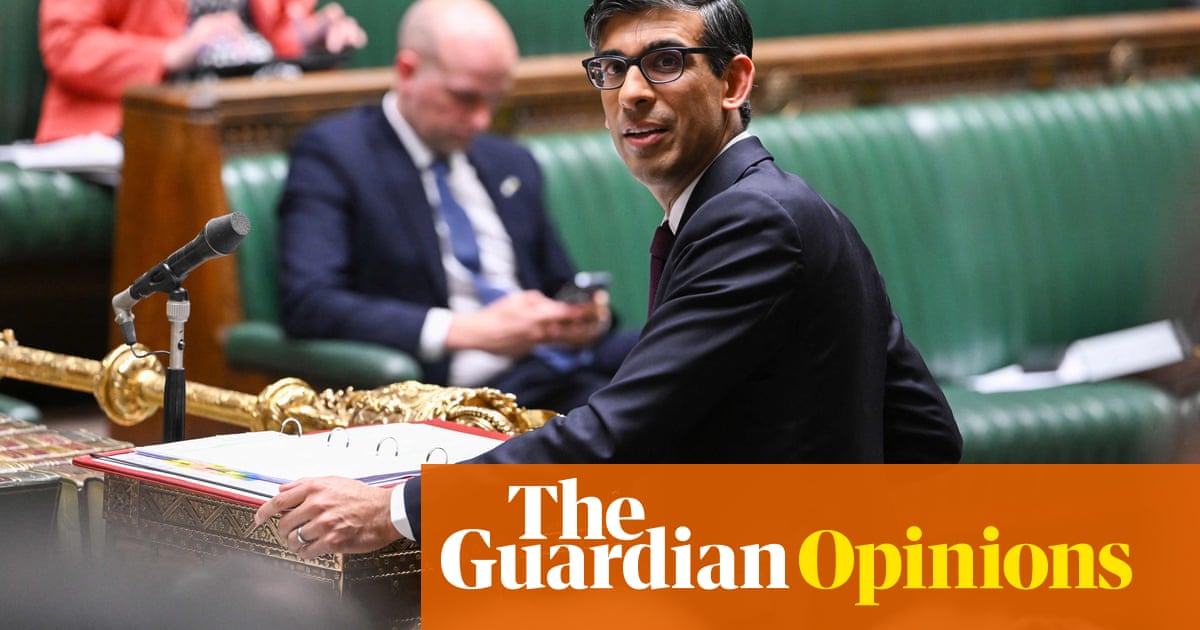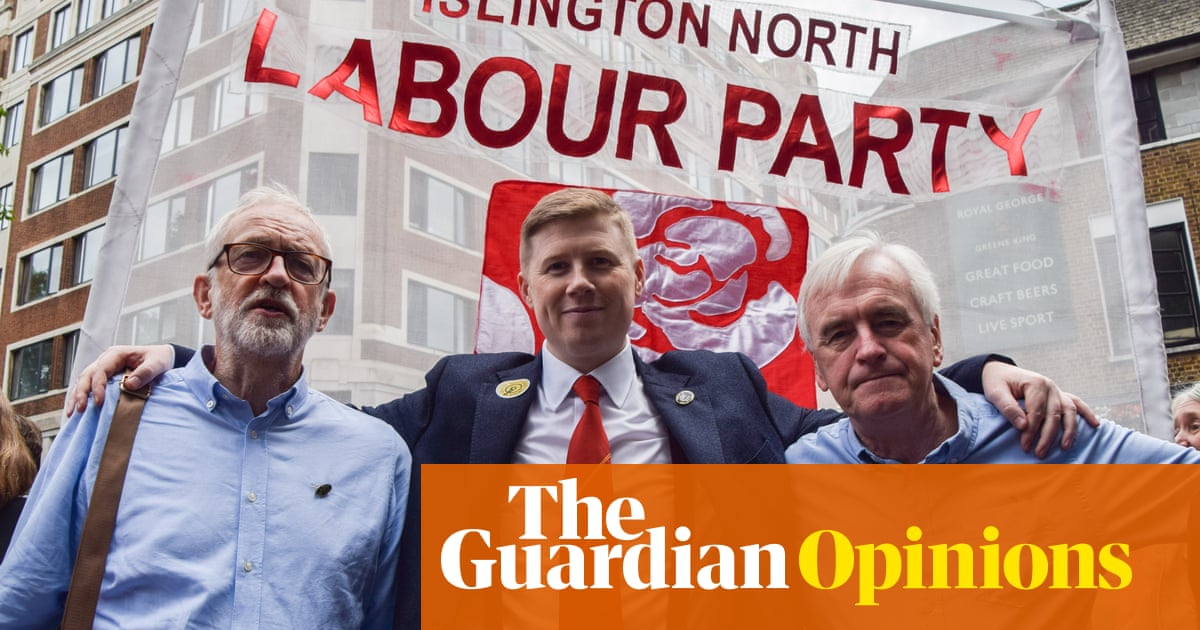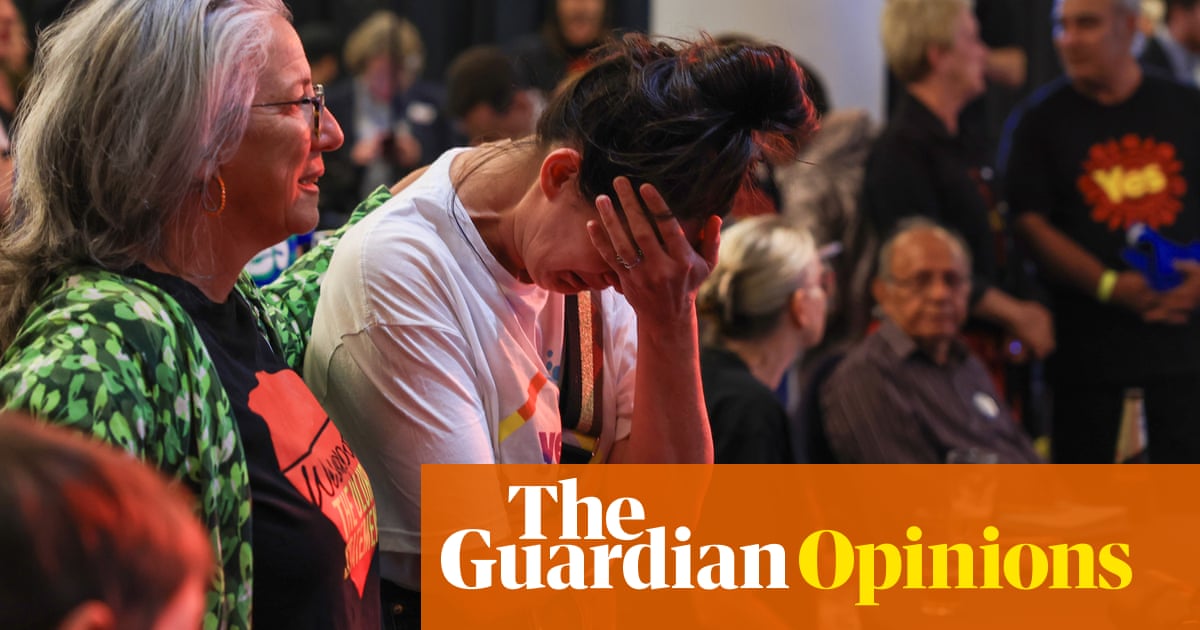
hat would the young Keir Starmer have made of his decision to condemn the Black Lives Matter protesters who felled Bristol’s statue of Edward Colston yesterday? In his years as a barrister, the man who would be Labour leader worked to defend those who challenged the coercive force of the Thatcherite state, be it on protests or picket lines.
His aim was to use the courts to protect the liberties that the governments of the day would not, and to muzzle the institutions that impinged upon them, most notably the police. Writing for the Trotskyist pamphlet Socialist Alternatives in 1987, he went as far as to ask “the question of the role the police should play, if any, in civil society”.
Activists on both sides of the Atlantic have asked the same thing in the wake of the death of George Floyd. Yet Starmer’s decision to tell LBC that the action to fell Colston and dump him in the Avon was “completely wrong” has led some on the left to ask the same question of the Labour party’s new management as Starmer asked of the police 33 years ago: “Who are they protecting, and from what?”
In some respects the Colston question was among the most straightforward Starmer could have expected to be asked this morning, during the first of the monthly phone-ins he is to subject himself to as part of his extended introduction to the British public.
Would he argue that Colston deserved to stand? Of course not, and indeed he did not. “We can’t, in 21st century Britain, have a slaver on a statue,” Starmer said. “A statue is there to honour people. This is a man who was responsible for 100,000 people being moved from Africa to the Caribbean as slaves … He should not be on a statue in Bristol, or anywhere else.”
On that argument, none of Starmer’s critics will disagree. What has caused consternation, however, is his suggestions that yesterday’s scenes were “completely wrong”, and that Colston “should have been brought down properly, with consent”. He went on to say that Barry Gardiner, the former shadow cabinet minister who took a knee outside Downing Street as part of an earlier BLM protest last week, had been wrong to attend the demonstration during lockdown.
To condone any kind of illegality – even when it involves significant public support – is a difficult ask of most politicians. Even the most devoted supporters of the ends have found it necessary to question the means, as Marvin Rees, the mayor of Bristol, did when he said that he could not condone the damage protesters had done to a statue that he described as a “personal affront” to his existence.
But in going further, Starmer has – to some on the left, at least – situated himself as the heir to the Labour tradition of disappointment. In Jeremy Corbyn, John McDonnell, Diane Abbott and Ian Lavery, the last shadow cabinet had a leadership whose political lives had been largely lived unconstrained by the mores of electoralism. They were of the extra-parliamentary left.
In 2015, Labour members elected Corbyn. Many people became Labour members precisely because they saw him as a man who would be more at home on a march than criticising one. The 2019 intake of Labour MPs are largely cast in that mould: 24-year-old frontbencher Nadia Whittome, among its most impressive performers, spoke for much of the Labour grassroots when she described the toppling of Colston’s statue as an “act of resistance” to be celebrated.
Starmer has supported the right of activists to peaceful protest and offered his solidarity, but was never likely to go that far. Answers like today’s confirm in the minds of some activists that to be “forensic” and “constructive” – the two watchwords of his leadership – is to care about process above all else. The same criticism has been levelled repeatedly over his approach to coronavirus: support the government until it becomes untenable. His internal opponents will file his comments on Colston next to Ed Miliband suggesting teachers were wrong to strike in 2011, and Neil Kinnock’s failure to stand foursquare behind Arthur Scargill and the miners in the absence of a national ballot on strike action.
The irony is that Starmer was once one of those very critics. The blunt truth is that, in terms of his strategy for rebuilding Labour’s standing in the country, his team have calculated people like his younger self, standing to his left, matter less than those standing to his right. He has control over the parliamentary party, a mandate from a clear majority of the membership and his favoured candidate in place overseeing Labour HQ. What he does not yet have, however, is a supportive public. Every intervention he makes serves the aim of establishing himself in the collective consciousness as a moderating influence – both on the government and the Labour party that once belonged to Corbyn. Expect Starmer to talk of supporting the police, not defunding them.
Whether that gambit succeeds – and how history will judge its application to events such as this week’s – is another question. But one answer is clear: Keir Starmer is not on the picket line any more.
• Patrick Maguire is a political journalist and co-author of Left Out, an upcoming book on Jeremy Corbyn’s leadership of the Labour party












